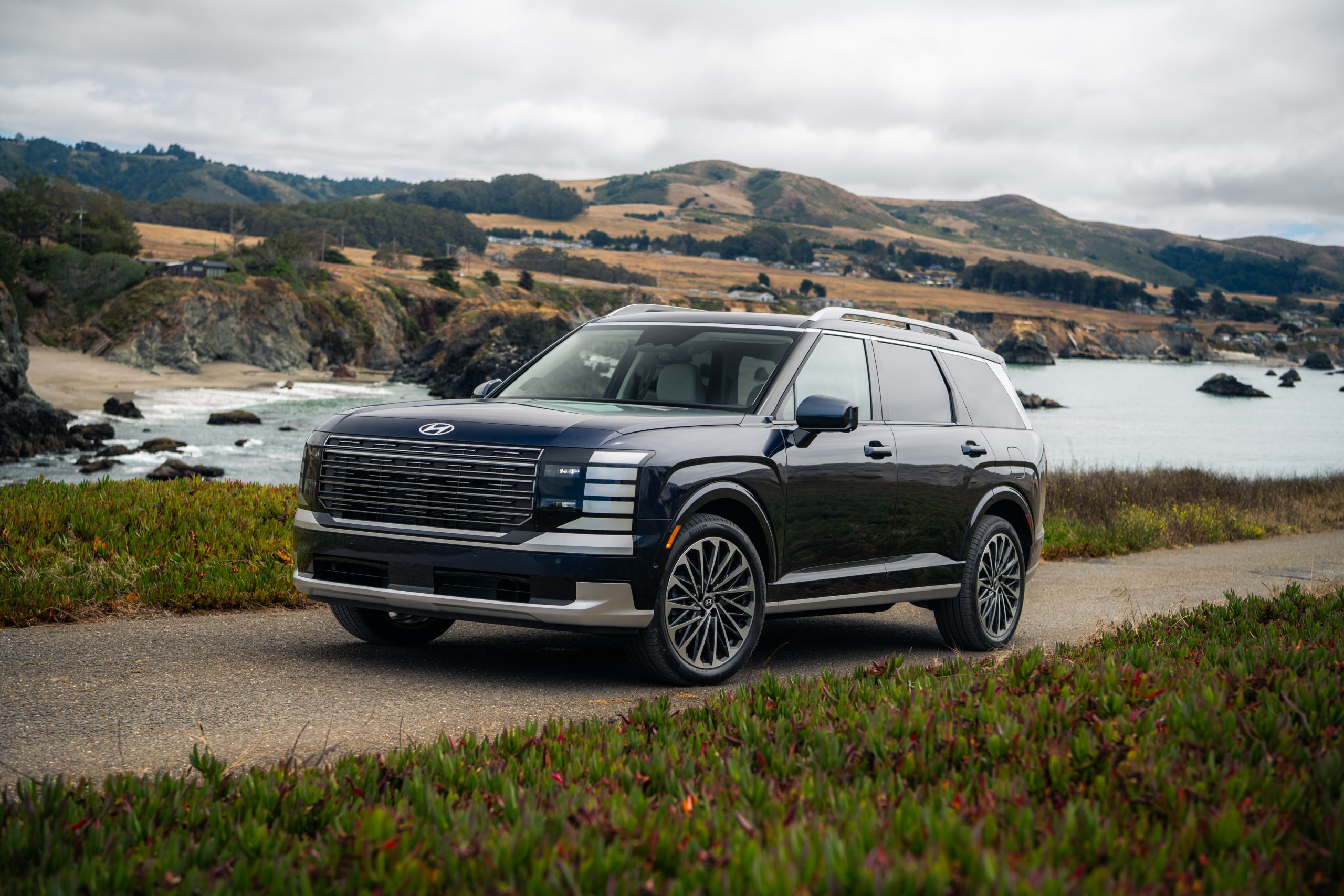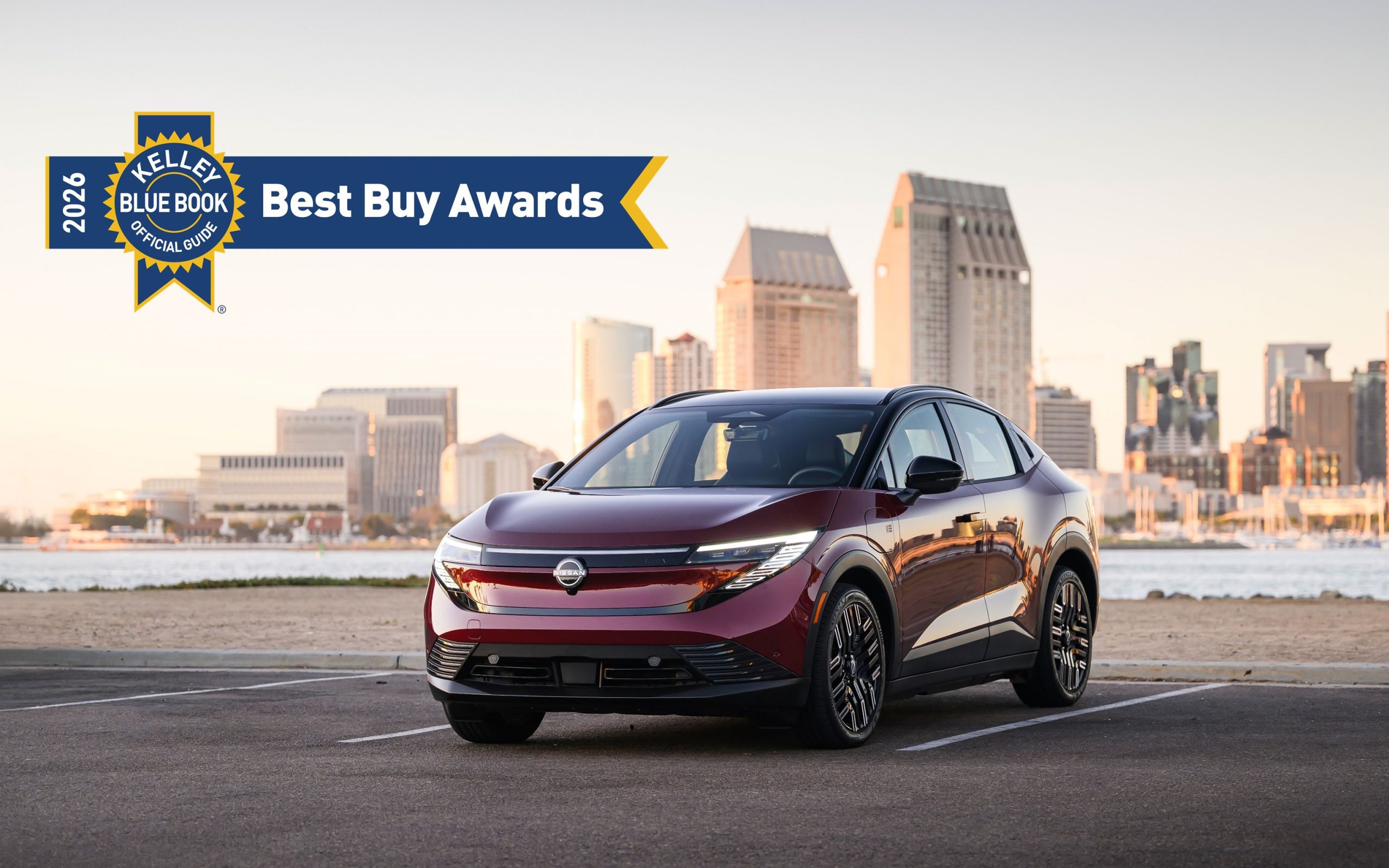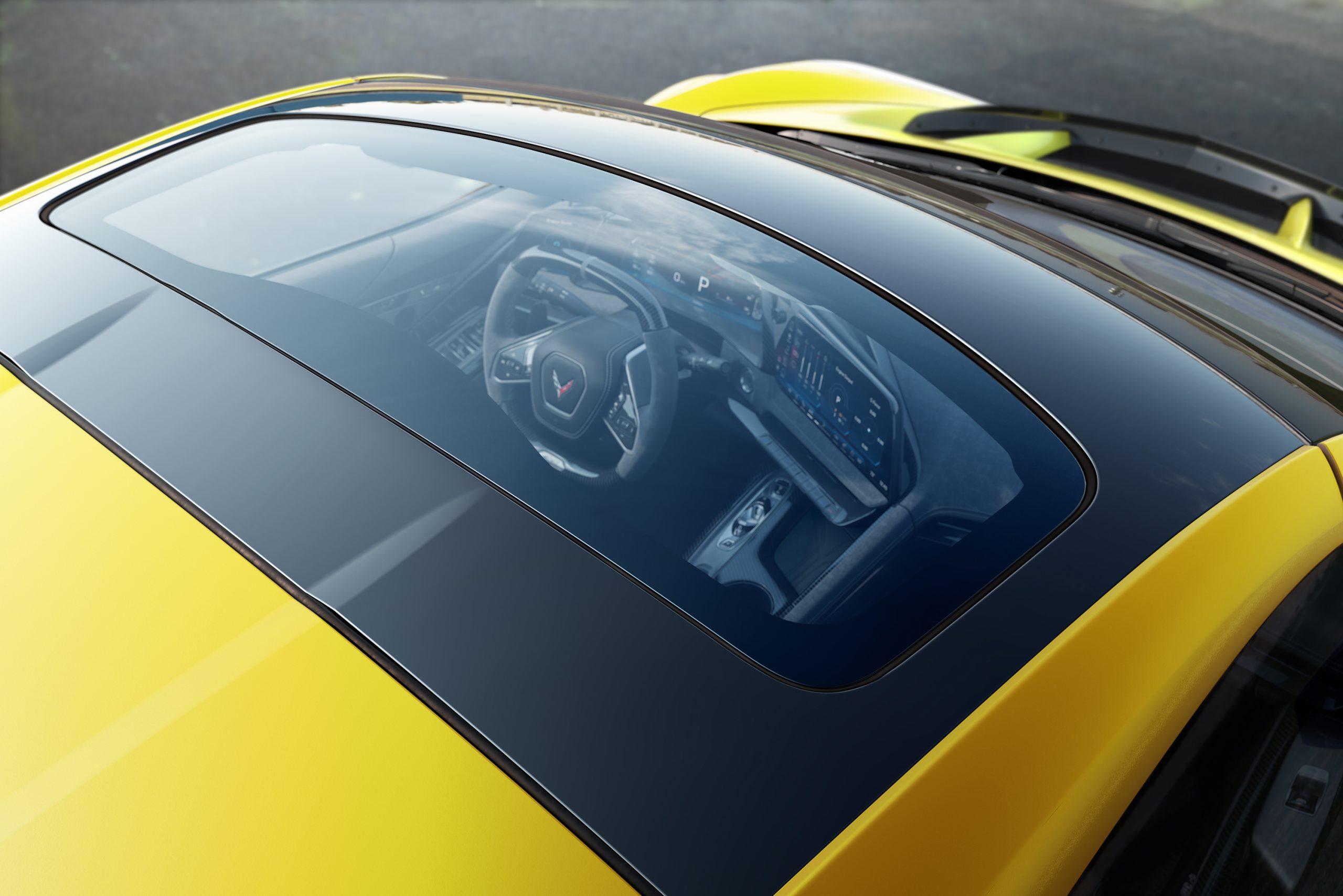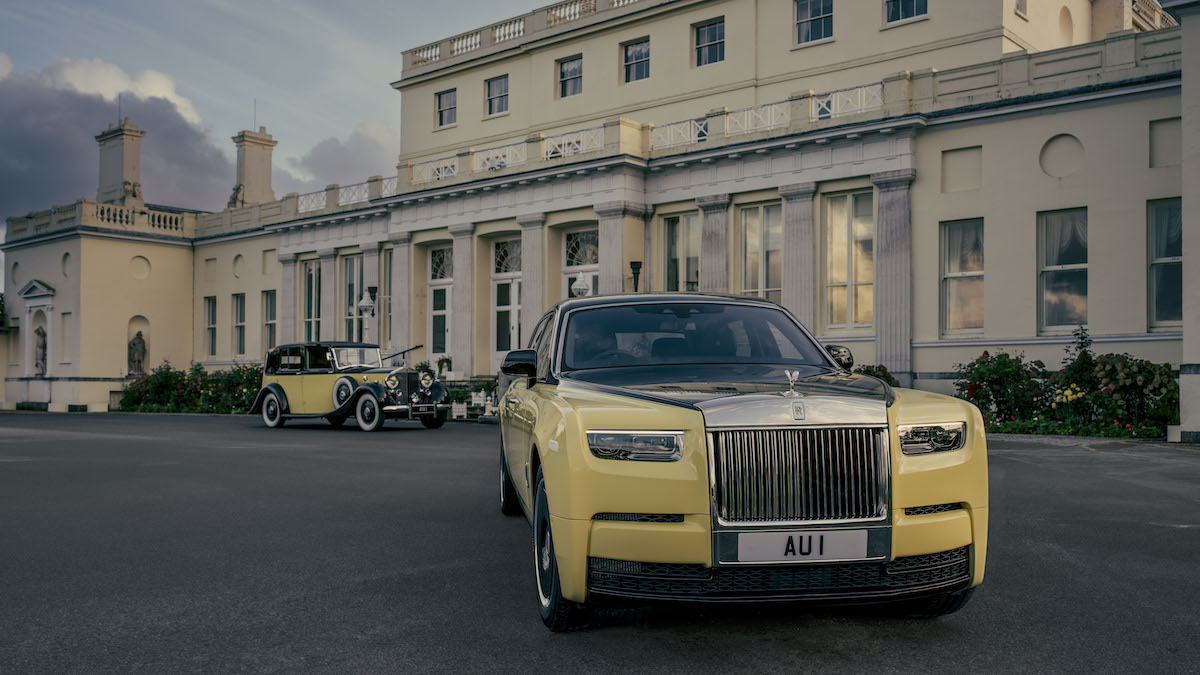Survey Reveals Myths And Misconceptions Still Slowing Electric Vehicle Adoption
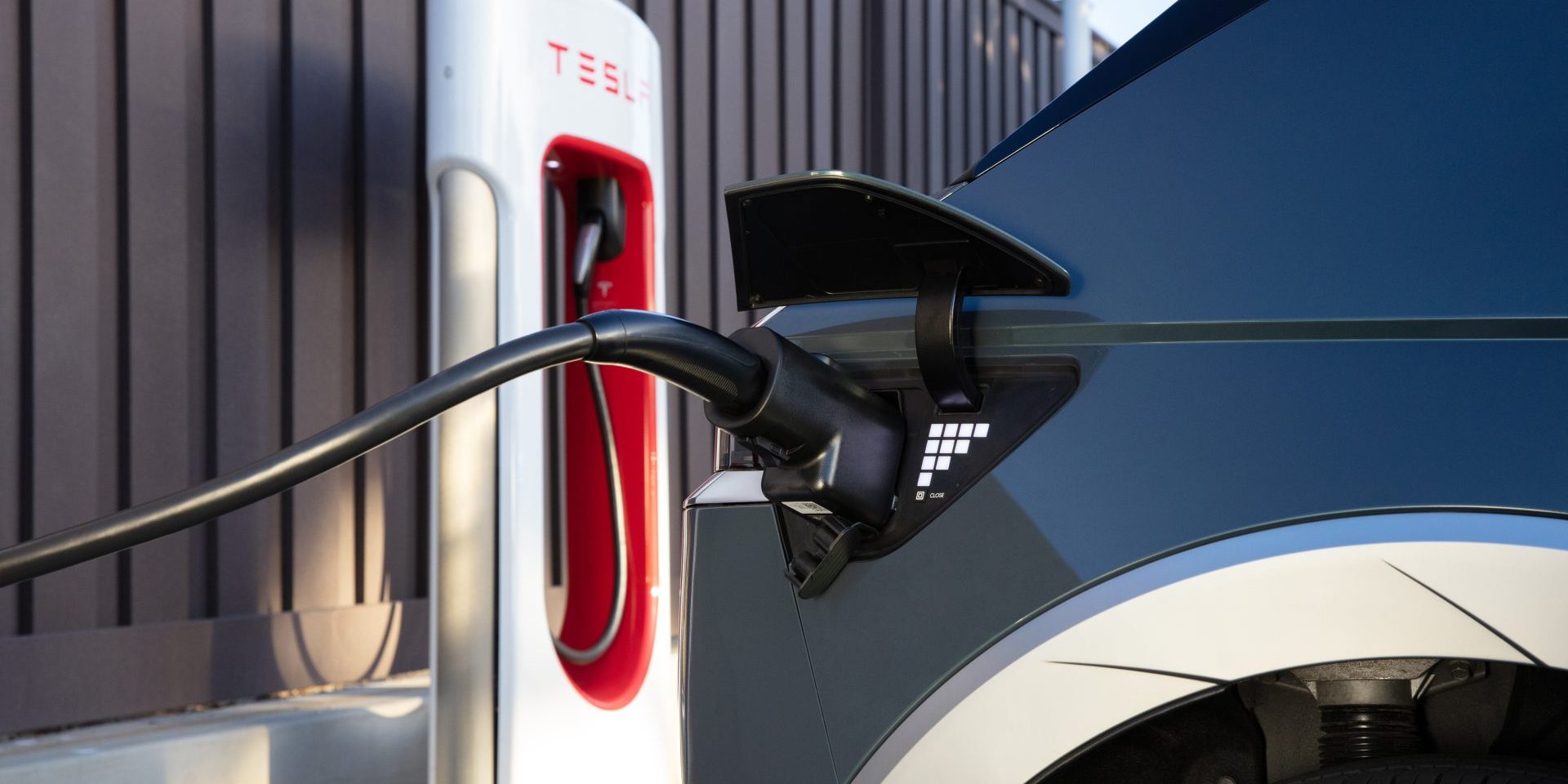
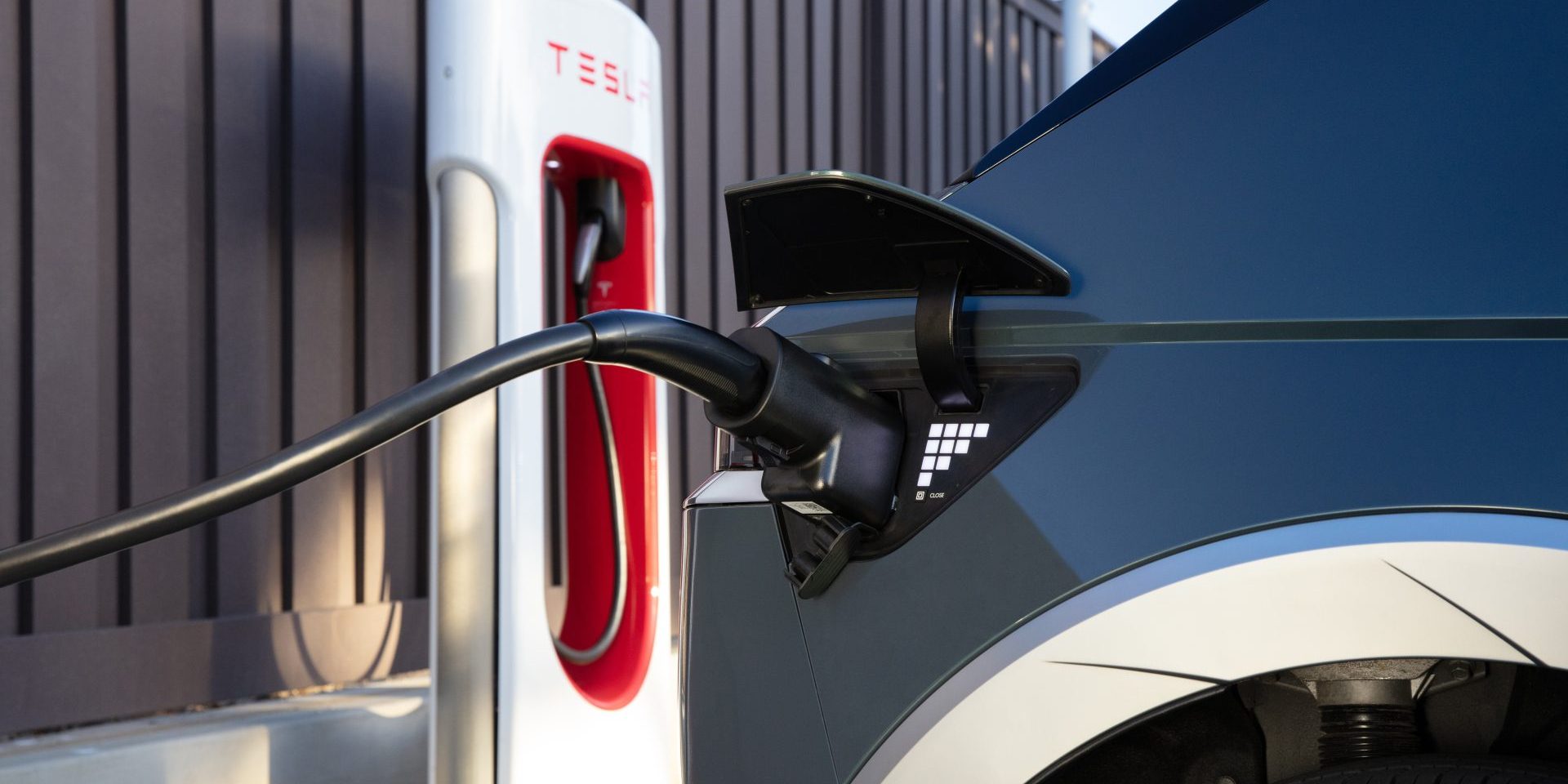
- A new UK survey found that most drivers still fear running out of charge or not knowing where to plug in, despite major advances in EV technology.
- More than 70% of non-EV owners cited range anxiety as their biggest concern, while 62% said the upfront cost still puts them off buying electric cars.
- Industry leaders say outdated myths, not performance or affordability, remain the main barrier to adoption and are calling for better public education.
Many drivers are still hesitant about switching to electric vehicles due to lingering myths about cost, charging, and reliability, according to new research from chargepoint provider char.gy.
The company commissioned YouGov to survey 1,005 UK motorists, including 206 EV owners, and found that misconceptions about range and charging access continue to dominate public perception.
Some 71% of drivers who do not own an EV said their biggest concern was range anxiety, the fear of running out of charge mid-journey, even though modern electric models can now travel much farther than early-generation vehicles.
Purchase price was the second biggest barrier, with 62% saying electric cars are too expensive. However, char.gy’s data shows that used EV prices have already fallen by more than 20% since 2023 and could drop another 28% by 2030.
The survey also found that 63% of non-EV owners would be more likely to switch if charging became cheaper, while 72% of those not considering an EV said they simply didn’t know where they would charge one.
John Lewis, chief executive of char.gy, said public perception is now the biggest obstacle to wider adoption.
“EVs aren’t a distant future anymore: they’re here, they’re affordable and they’re rapidly outpacing combustion cars on performance and value,” Lewis said.
“But the data shows the biggest barrier isn’t the vehicles, it’s the stories we tell about them.
“If we can debunk the myths and meet people where they are, especially at the kerbside, we’ll accelerate this transition faster and fairer.”
Ginny Buckley, broadcaster and founder of Electrifying.com, said the report highlights how much of the problem lies in psychology rather than technology.
“The shift to electric vehicles is no longer a question of if, but when,” Buckley said. “Yet, as this report so clearly shows, the barriers to adoption are not just technical; they’re psychological, practical and deeply human. Misconceptions persist, access remains unequal, and for too many drivers the EV future still feels out of reach.”
Tanya Sinclair, chief executive of Electric Vehicles UK, added that tackling misinformation could make a measurable difference.
“Correcting common EV myths can boost willingness to consider an electric car by 12%,” Sinclair said. “Everyone in e-mobility has heard the myths. We tend to dismiss them as noise, but repeated often enough, they shape real decisions.”
The findings reinforce calls from across the EV industry for clearer communication, better access to public charging, and more consistent education campaigns to ensure that facts, not fears, guide the next wave of drivers into electric motoring.
If you enjoyed this article, be sure to follow us on Microsoft Start.



